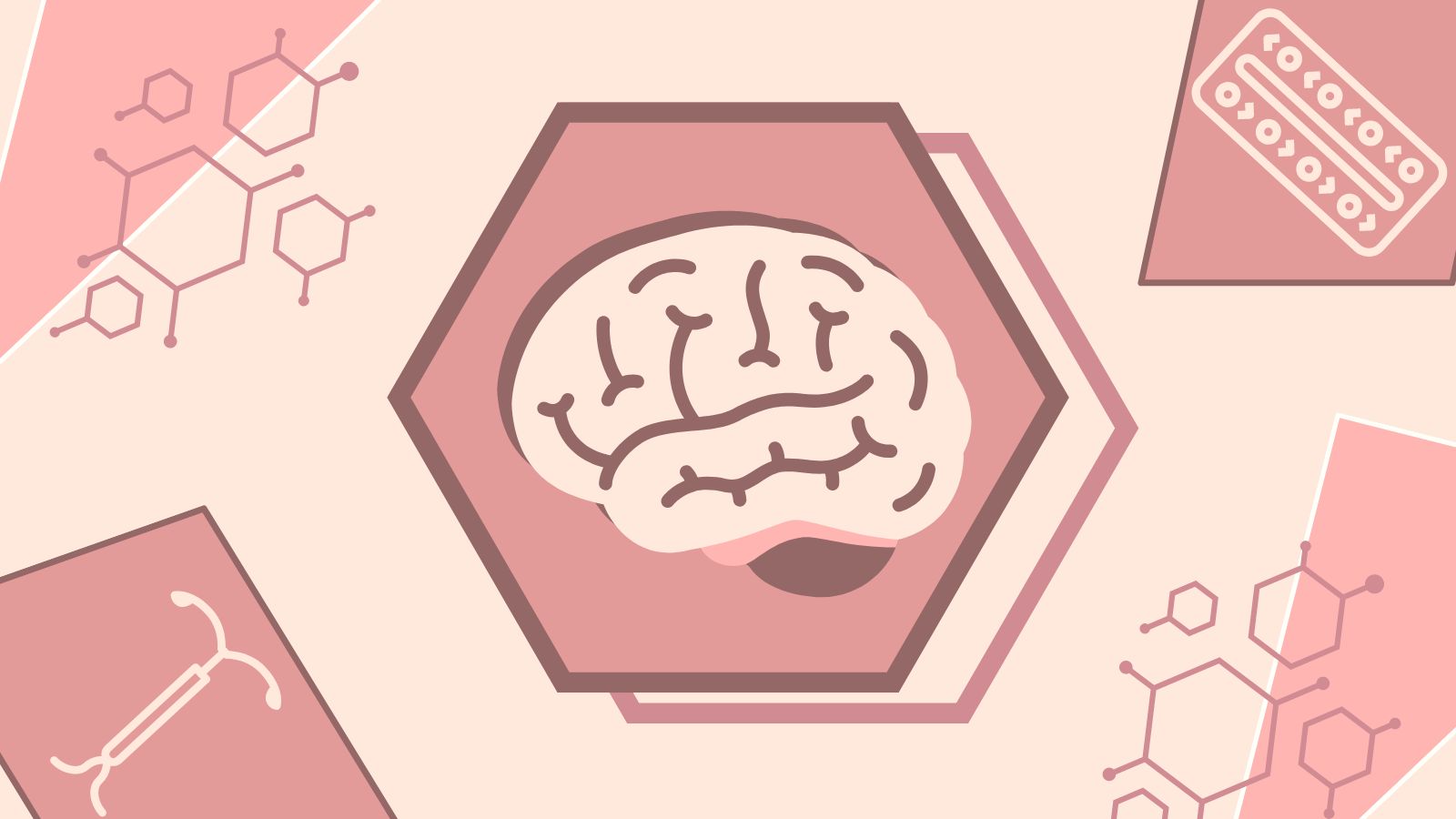Mind the Gap: Hormonal Contraceptives and Brain Health
Mind the Gap: Hormonal Contraceptives and Brain Health—Symposium 2: Hormonal Contraceptives Effects on Mental Health
November 30, 2022, 10:00 am to 11:45 am

This symposium is part of our virtual "Mind the Gap: Hormonal Contraceptives and Brain Health" series, which brings attention to the brain health issues that women+ face and encourage the medical, scientific and commercial communities to address them. In this session, we will hear from three renowned speakers who will discuss pertinent topics related to the effects of hormonal contraceptives on brain structure and function. Attendees will also get a chance to join the conversation during a Q&A period to close the session. Dr. Frances Chen will moderate the event and facilitate conversation.
Agenda
10:00-10:05—Welcome Remarks
10:05-10:30—Speaker 1: Dr. Bronwyn Graham, University of New South Wales, Sydney, Australia
10:30-10:55—Speaker 2: Dr. Frances Chen, University of British Columbia, Vancouver, BC
10:55-11:20—Speaker 3: Dr. Natalie Tronson, University of Michigan, Ann Arbor, Michigan, USA
11:20-11:45—Q&A
Individual Event Cost
General Public: $15
Students: $10
We offer you the option of registering for individual events or signing up for the entire series. Video recordings of our conference sessions will be sent to all registrants following each event. Register for this individual event below.
Speakers | Bios |
 | Dr. Bronwyn Graham Talk Title: The Impact of Hormonal Contraceptives on Anxiety Treatments: From Preclinical Models to Clinical Settings Bio: Associate Professor Bronwyn Graham is a Behavioural Neuroscientist and Clinical Psychologist who conducts bench to bedside translational clinical research, where basic processes are investigated in non-human animals, and then applied to clinical populations. Dr. Graham's research focuses on how sex hormones influence anxiety disorders, a highly prevalent mental illness which affects twice as many women as men. Her unique approach has led to significant innovations in the understanding of anxiety with direct translational impacts. For example, her research has shown that female-specific variables, like menstrual cycle status, use of the hormonal contraceptive pill, and pregnancy, significantly influence fear extinction, the laboratory basis for anxiety treatments in humans. She has translated these findings to clinical trials in which she has shown that these same factors moderate the success of treatment in humans with anxiety disorders. Dr. Graham has received continuous funding from the Australian Research Council, and was a recipient of the prestigious international MQ Foundation Fellowship. Her findings have been disseminated to health professionals (e.g., Psychiatric Times magazine; CPD seminars), and the community (media coverage, e.g., ABC Lateline). |
 | Dr. Frances Chen Talk Title: Adolescent Hormonal Contraceptive Use and Long-Term Risk for Depression Bio: Dr. Frances Chen is an Associate Professor in the Department of Psychology at the University of British Columbia. Her research explores the intersection of social psychology and health psychology, linking our social lives (and, increasingly, our online social lives), mental health and physical health. Dr. Chen's research interests include social behaviour, relationships, social support, stress, coping, conflict and negotiation, social neuroscience, neurobiology, neuroendocrinology. |
 | Dr. Natalie Tronson Talk Title: Mouse Models to Understand Hormonal Contraceptives Effects on Stress and Depression Bio: Dr. Natalie Tronson's research focuses on the molecular mechanisms of learning and memory; the internal and external factors that can lead to changes in memory; and the role of memory dysregulation in psychiatric and neurological disorders including post-traumatic stress disorder, and post-operative cognitive decline. Dr. Tronson is particularly intruigued by questions such as “Why do many patients develop post-traumatic stress disorder after heart attack?” and “What causes cognitive and memory decline after surgery?” and “How do normal memories for trauma become pathological in post-traumatic stress disorder?” and “Why are women so much more susceptible to these than males?” |